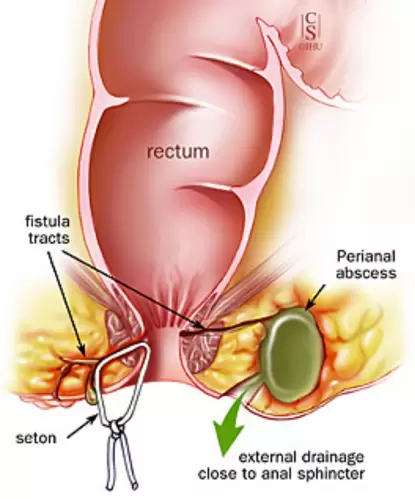
Fistulas can be a painful and debilitating condition, affecting various parts of the body. Fistula surgery is a crucial intervention that brings relief and improves the quality of life for those suffering from this ailment. In this article, we will delve into the significance of fistula surgery, its procedure, and what patients can expect during the recovery phase.
Introduction:
Fistulas are abnormal connections or passageways that form between two organs or vessels. They can occur in different areas, such as the gastrointestinal tract, urinary system, or reproductive organs. Fistulas often lead to chronic pain, infection, and impaired bodily functions, making surgical intervention necessary for a better prognosis.
Signs and Symptoms:
Fistulas in Ano require an understanding of their signs and symptoms in order to diagnose and treat them in a timely manner. Persistent pain, discharge, and recurrent infections are common indicators. Identifying these symptoms early allows healthcare professionals to recommend appropriate diagnostic tests and formulate an effective treatment plan.
Diagnostic Procedures:
Before opting for fistula surgery, accurate diagnosis is essential. Imaging studies, such as MRI or CT scans, can help visualize the fistula’s location, size, and extent. Endoscopic procedures may also be employed to assess the internal structures and confirm the presence of a fistula.
The Surgical Process:
Fistula surgery aims to close the abnormal passageway and restore normal bodily functions. The specific surgical approach depends on the location and complexity of the fistula. Surgeons may use minimally invasive techniques or traditional open surgery, depending on the individual case. During the procedure, the surgeon carefully separates the affected tissues and closes the fistula, promoting healing and preventing recurrence.
Recovery and Postoperative Care:
After fistula surgery, patients typically undergo a period of recovery, during which they need to follow specific guidelines to ensure optimal healing. This may include dietary restrictions, wound care, and the use of prescribed medications. Regular follow-up appointments with healthcare providers are crucial to monitor progress and address any concerns that may arise.
Complications and Prevention:
While fistula surgery is generally safe, there can be potential complications. Infections, bleeding, or recurrence of the fistula are risks that patients should be aware of. Adopting a healthy lifestyle, managing underlying health conditions, and following postoperative care instructions can contribute to preventing complications and promoting overall well-being.
Conclusion:
The Piles Clinic in Chandigarh offers fistula surgery that makes a significant contribution to improving the lives of individuals affected by this difficult condition. By understanding the signs, seeking prompt medical attention, and following through with the recommended surgical intervention, patients can regain control over their health and well-being.



